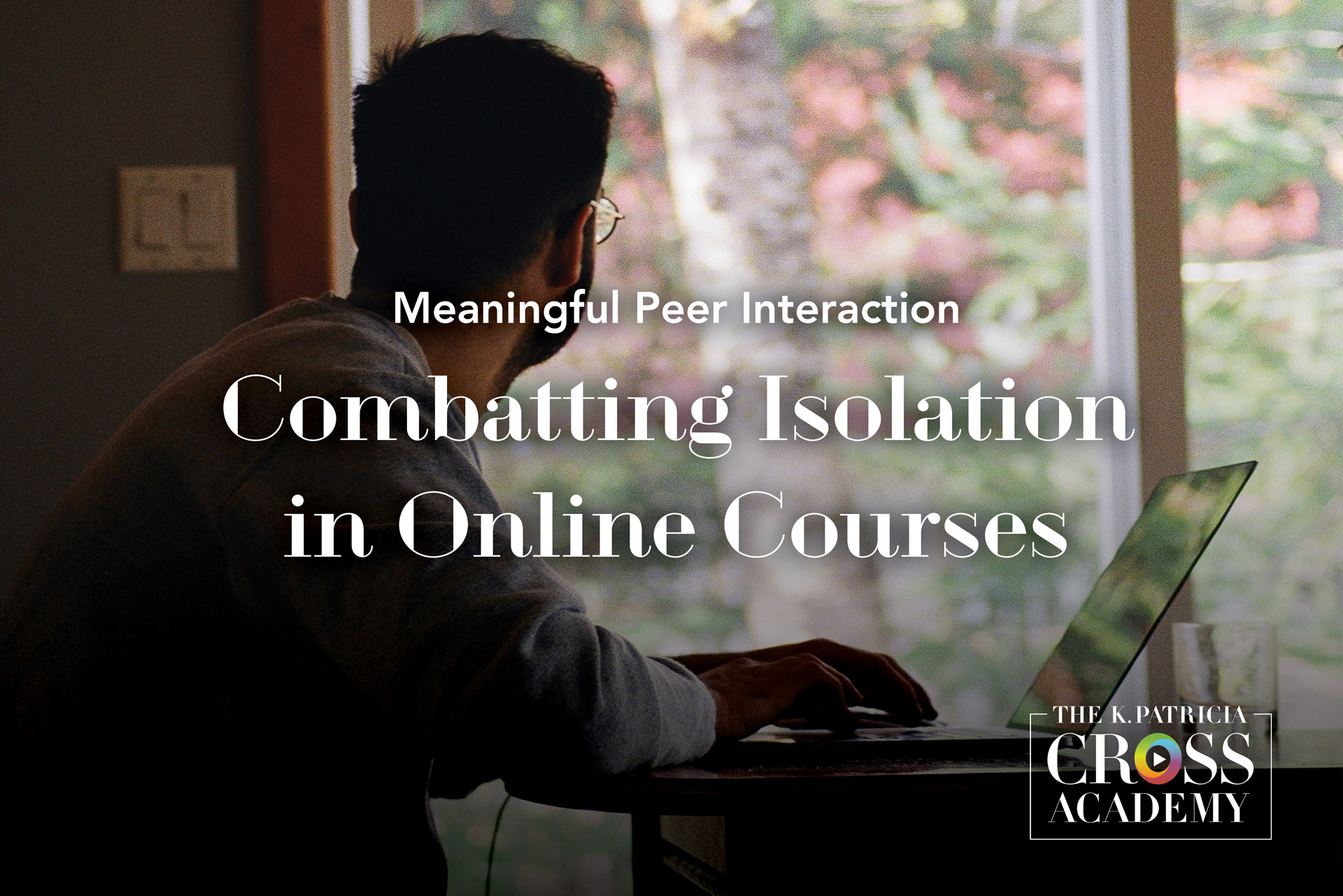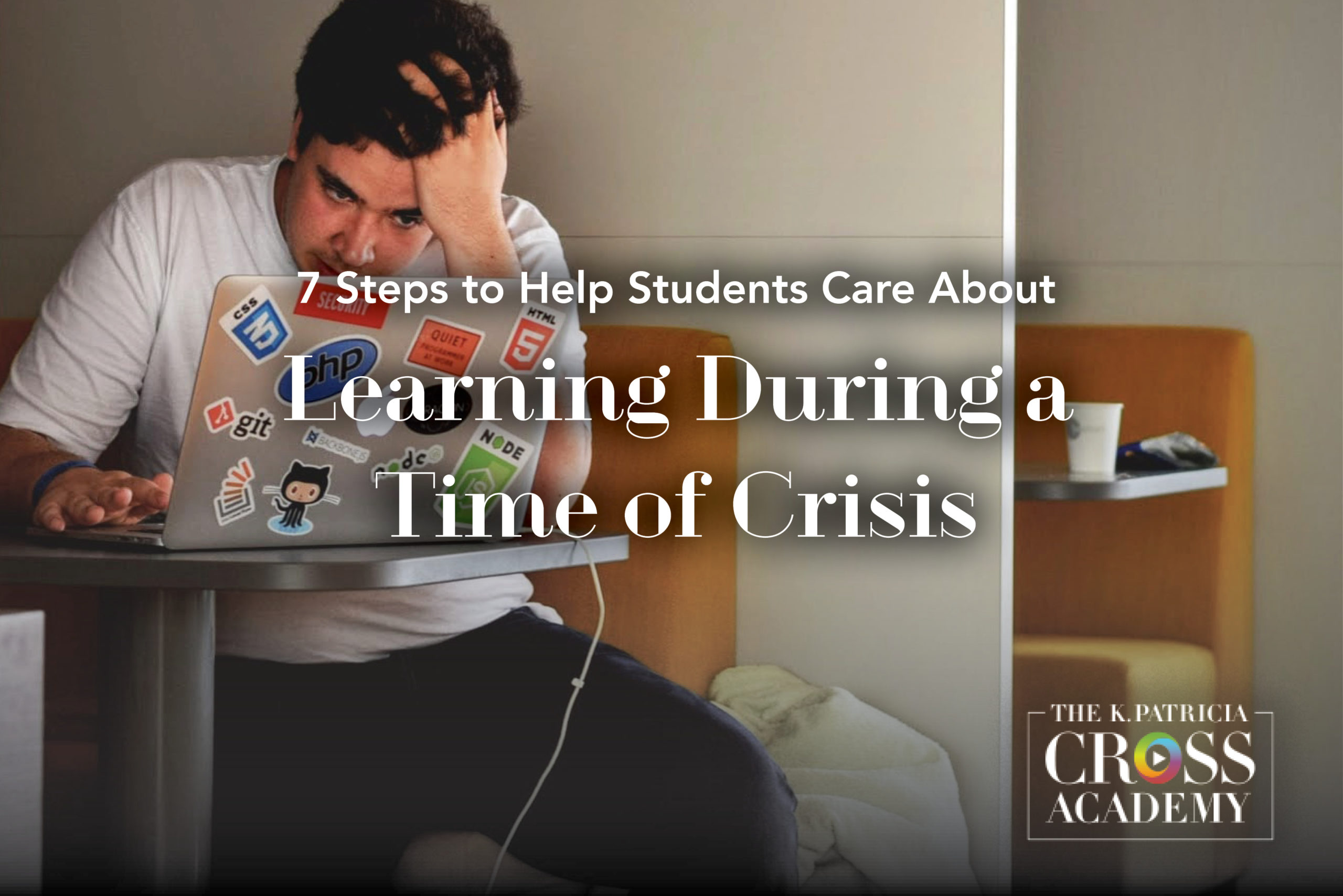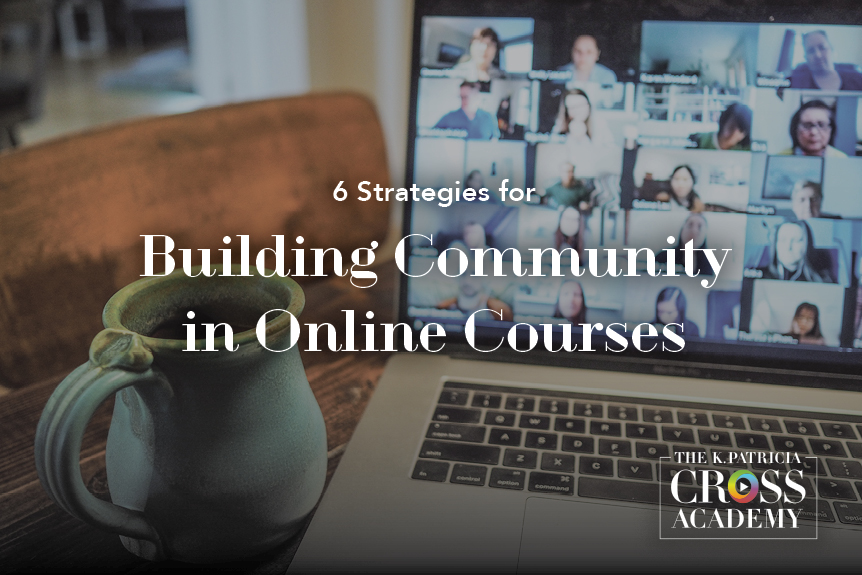CrossCurrents Library
CrossCurrents is an electronic publication that offers articles on a wide range of topics related to teaching and learning in higher education. Through engaging content that encourages exploration and reflection on best practices, innovative pedagogies, and emerging trends in higher education, we try to help college teachers successfully navigate the challenges they face in today’s complex classroom.
Featured Collections
Topics

It’s common knowledge for any educator who has taught online that it can be a significant challenge for students who are learning online to develop feelings of connection with their peers and teacher. Feelings of isolation when learning online have been around for as long as online learning has existed. In this article, we examine three key ways to combat that sense of isolation and encourage meaningful peer interaction.

The COVID-19 pandemic and its surrounding political climate find us all in a time of crisis. Teachers and students alike are often caring for family members, friends, and themselves. It seems simple common sense that students who really care about what they are learning will invest the time and effort required to learn it well and remember it longer. So how do we help students focus their care on learning, during a crisis, during an age of significant distraction?

Sometimes, a group of students in a given class just seems to gel. They connect, work well together, and encourage and support each other. Sometimes a group of students does not gel. They barely interact, they don’t work together, and while they may not actively discourage each other, encouragement is not exactly forthcoming either. It can be difficult to determine what causes